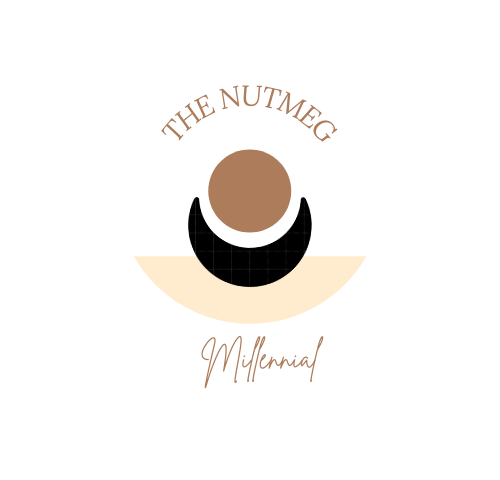When dealing with the symptoms of a panic attack, I’ve trained myself to stop what I am doing and write down every single emotion that I am feeling in that moment. While I’ve kept a journal actively for over four years, I’ve soon reaped in the therapeutic benefits of using writing to help deal with the daily effects of anxiety, or any other event that I’ve had trouble in my life, from a breakup to a bad day.
Journaling is one of the number one things that therapists often advise patients of both anxiety and depression (as well as other mental illness that I can not think of at the moment). However, journaling has benefits that surpass just helping your mental health and sanity. According to an article on Psych Central called “The Health Benefits of Journaling,” it stated that according to a study at the University of Texas, journaling can strengthen your immune cells, known as T-cells. The article went onto state that journaling helps reduce the symptoms of both asthma and arthritis.
As I mentioned earlier, I’ve kept a journal for about four years, three years before anxiety had ever came into the picture for me. As a writer, it is extremely easy to lose myself in a flurry of paper and ink. But for those who are not writers, writing in a journal can be just as much of a stress as whatever is stressing you out.
Because of my consistent journaling, I am able to express every emotion that I am feeling in a matter that is both healthy and private. I can write down whatever I am feeling in the moment, good or bad, and it won’t ever be read by someone I don’t want it to, which is a much healthier approach than a sub-tweet.
While journaling is a helpful and healthy way to express angry emotions and upset emotions, it also serves as a great release. Writing down everything I am feeling when I am about to have a panic attack is one of the only things that stop them. During this time, I am scribbling every single emotion that is flooding through my head, and by the time I am calm again, the page has become a flood of my emotions tattooed onto the paper by the ink of my pen. Out of all of the ways I’ve tried to deal with my anxiety, I’ve found that this is the method that works. And I am not alone. Many anxiety patients find that using this journal helps center themselves and express themselves when having emotions, such as my friends Gabu and Kari.
Furthermore, while journaling can be used to express emotions, it also can be used as a method to help check in with yourself and promote healthy habits. For the ten minutes that I spend a day journaling, it’s ten minutes that I am devoting to myself for ‘me-time.’ At the end of a hectic day, I look forward to spending a few minutes writing about it each day. Journaling not only on a bad day, but on a good day helps create a habit of both meditation and reflection, which in turn is crucial in trying to change one’s life for the better and help combating anxiety and stress.
While I’ve mentioned three reasons why one should journal, there are several more out there, such as stress reduction. With that being said, if you’re ready to pick up a pad and a pen, but are unsure to start, here’s some prompts to help get you started:
- Write down what happened today. Did you have a good day/bad day? Why was it good/bad? What did you do, eat for dinner, etc. Basically, keep a day to day log of what you’ve done today.
- When anxious, write down what you’re feeling when you’re upset. Express every emotion that you’re feeling. Why are you upset? What caused it? What can you do to change it?
- Write down a list of ten good things that happened today. By doing so, even on the worst of days, you can see that there is some good in everything, even on the darkest of days. Furthermore, try every once in a while to write down a list of all of the good things in your life. On my worst of days, I’ve discovered that not everything is as bad as it seems.
If these tips didn’t help you, there’s still a ton more resources out there on how to get started with a bunch of prompts. One of my favorites is the book “50 Ways to Yay”by Alexi Panos, which is filled with both reflection and causes you to look at yourself in a critical way to invoke change.
However, with that being said, there’s no right or wrong way to journal, and it is something that everyone does differently. It’s a way to relieve stress, not cause it, so be patient with yourself to find something that works for you.


Journaling helped me so much right after high school, when I felt really lost and confused and had no direction. Best thing I ever did!! 🙂 Awesome post, and I’m stoked to see you on WordPress, name buddy! 😀
LikeLiked by 1 person
Lol, I like WordPress so much better than Blogger. And I’m so glad to hear that you’ve had such positive experiences with journaling! 🙂
LikeLiked by 1 person
Glad to hear journaling has helped you as well! The power of the written word is amazing 🙂
LikeLike